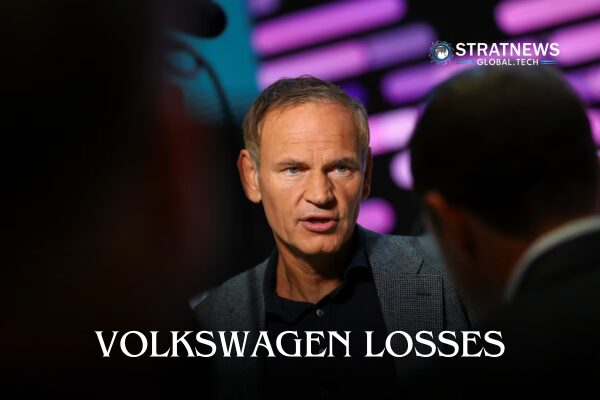Volkswagen Faces Billions in Losses from US Tariffs
Volkswagen, Europe’s largest carmaker, has suffered financial losses worth several billion euros due to ongoing US tariffs. CEO Oliver Blume revealed the impact during an interview at the IAA Munich car show. He stated that the costs have already appeared on this year’s balance sheet, significantly affecting the group’s performance.
Porsche, one of Volkswagen’s key brands, is especially vulnerable. According to Blume, it faces pressure from both weak demand in China and high import tariffs in the United States. He described the situation as a “sandwich position,” with both major markets squeezing the luxury carmaker.
Unlike some rivals, Porsche and Audi do not have local production facilities in the US. As a result, they are fully exposed to the steep 27.5% import tariffs that continue to affect European carmakers. The US had previously promised to reduce these tariffs to 15%, but that pledge has yet to materialise.
Partial Losses Already Disclosed
Volkswagen has already disclosed some of the losses. Audi reported a hit of 600 million euros for the first half of 2025. Porsche suffered an additional 300 million euros in losses during April and May. These figures highlight only part of the financial burden the group is facing due to tariffs.
Despite these challenges, Volkswagen is engaged in what Blume called “very positive discussions” with the US government. These talks focus on possible tax incentives for future investments in the country.
Audi May Set Up Plant in US
One major decision currently under consideration is whether to establish a local production facility for Audi in the US. A final decision is expected by the end of the year. Such a move could reduce the impact of tariffs and make the brand more competitive in the American market.
Blume, who is also CEO of Porsche, confirmed that holding two top positions is only temporary. While the dual role has attracted criticism from unions and shareholders, he noted that a final decision on which role he will retain is still pending.
with inputs from Reuters


